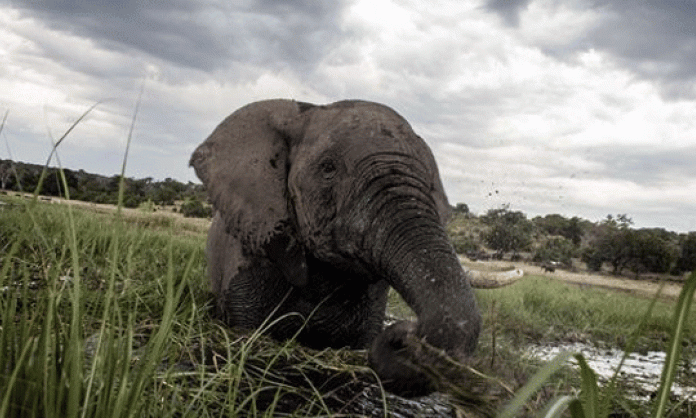For my 10-year-old self poring over books in the school library, mass extinctions were a fascinating phenomenon confined to the ancient past. They were the products of massive volcanic eruptions, dramatic climate change or, most famously, asteroid impacts.
Every child knows that humans are responsible for the extinction of the dodo and the Tasmanian tiger and that many more endangered species such as bilbies, turtles and coral are teetering on the edge.
But the problem is worse than previously thought. According to a team of scientists from the National Autonomous University of Mexico, we are already living through the next mass extinction event – the sixth, to be precise.
Their findings were published in the June issue of the journal Science Advances.
While scientists have been arguing for decades that a mass extinction event caused by human activity was imminent or already under way, previous studies have been criticised for using assumptions that overestimated the magnitude of the crisis.
Gerardo Ceballos, one of the scientists who led the new study, explained to the Guardian in June that by using “extremely conservative” modelling, he and his colleagues have been able to guard against such accusations.
Extinctions do of course occur naturally, at what is called the “background extinction rate”. Assuming a high background rate of two extinctions per 10,000 species per 100 years – which is twice the rate generally used in previous studies – we should expect there to have been nine vertebrate extinctions since 1900.
However, once again employing great caution by considering only those species either known to be or highly likely to be extinct (the actual figure, hard to obtain, is probably higher), almost 500 vertebrate species have become extinct in that period.
The average rate of extinction is 10 to 100 times higher than expected, depending on the group of vertebrates. According to Ceballos, this already qualifies as a mass extinction event. Left unchallenged, it could grow to rival the last great extinction, which killed the dinosaurs in just three human generations.
While there’s no rescuing the many species already lost, and the many more that will no doubt fall prey to the runaway, profit-hungry machine of capitalism, we should use this alarming report to strengthen our arguments and our resolve to fight for a better world.











